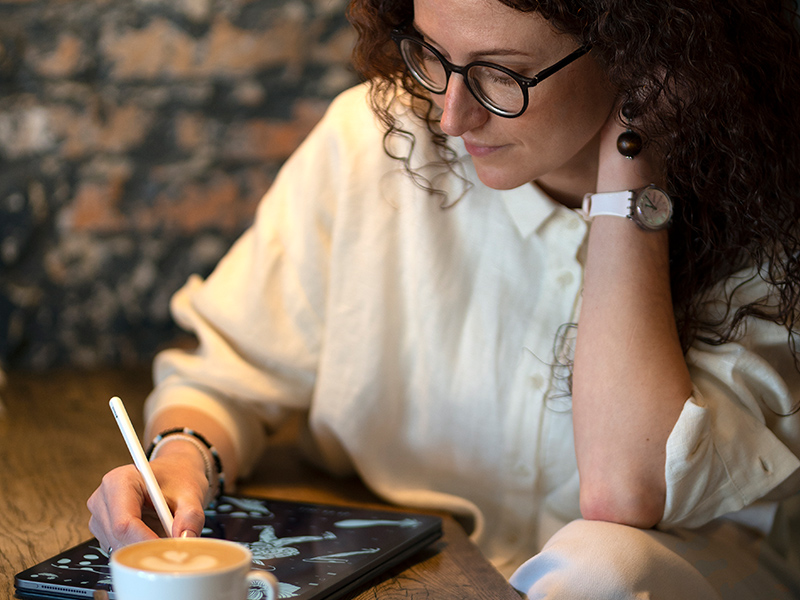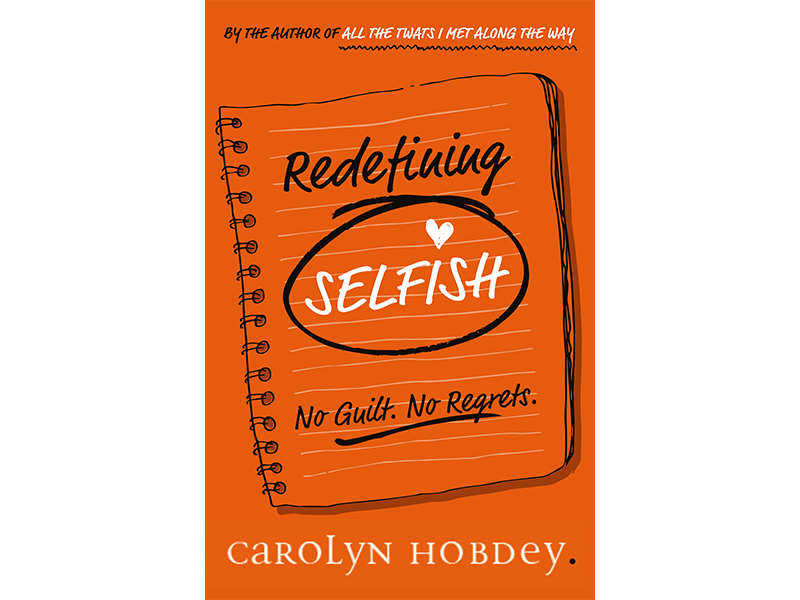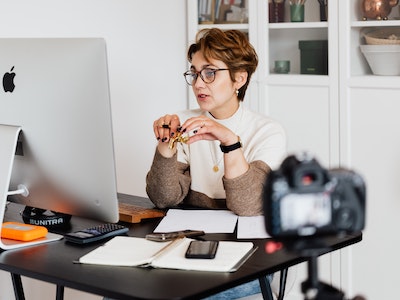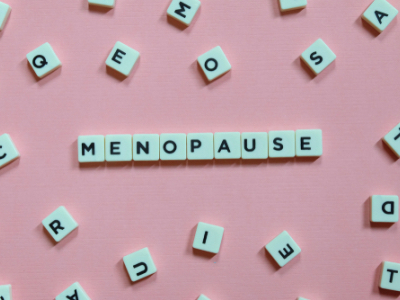For years I’d been a people pleaser. A chronic one. It had come from the fact that, as a child, I was told that if I wasn’t nice then no-one would love me and I’d end up alone. I was told not to be selfish. My childish brain did not know anything different than to accept what this significant adult told me and to apply it literally.
From that day forward my ‘alone and unloved’ narrative ruled my life.
At home – especially when I got into relationships – I bent myself out of shape to become what the other person wanted, to do the things that they wanted, and to subjugate my own needs. Don’t get me wrong, I wasn’t the archetypal ‘doormat’. I used to get so frustrated by this that what I wanted and thought and felt would often simmer under the surface until it was unbearable; then it would erupt in an emotional explosion full of indignation and injustice, taking me to a place of shame and self-loathing. As for the intimate partners I picked, well they were frequently what you’d expect: narcissistic, self-serving, and happy to put me as the low priority I felt I deserved. This meant that if I did meet someone kind, I didn’t think I was worthy of it and I unravelled the relationship anyway.
At work, my people-pleasing manifested itself differently. I worked myself into the ground in a constant need to prove myself and to be perfect. It was punishing. This ‘not good enough’ driver meant I was always striving – working more hours, consumed by thoughts of work when I wasn’t at work, and often studying for the next qualification that would help me feel that I was competent and deserving of my seat at the ever-more-impressive tables I was finding myself sitting around. “When I get this job/promotion/salary, I’ll feel like I belong”, seemed to be the self-talk that I lived by. Except, it wasn’t a life, it was a gruelling regime run by a dictator that I both served and perpetuated. As I grew more successful in larger roles, I began to feel increasingly lost, like I was drowning.
What I didn’t want was to tell women that they “just needed to love themselves more” or “appreciate your value”. Urrghh! That was like being told that you simply need to be more confident… oh yeah, stupid me, let me just flick the confidence switch and everything would be ok!!
If the truth be told, I wrote my book, ‘Redefining SELFISH’ from a place of crisis. I’d left my illustrious corporate career because I was burnt out, and my latest, warped relationship was coming to a familiarly traumatic conclusion. I was facing being both broke and heartbroken. I was exhausted – with myself. I knew there had to be a different, better way to live. By this stage I knew this not only for myself, but for the numerous women I had begun to open up to and who shared that, despite each having their own, unique pathways, were united by their ‘not good enough’ narrative too.
It was when talking to my best friend who was reminding me that, soon after we first met, I told her that I was “selfish”, that the inspiration for my book came. What if the word ‘selfish’ was not synonymous with negativity, but became, instead, the watch-word for this new era of self-love that we were being encouraged to embrace? What if ‘selfish’ was not about the occasional bubble-bath and candles, but about prioritising ourselves in ways that meant we could show up and care for those we loved from a place that was grounded, calm, and positive, not frazzled, irritable, and de-valued?
But HOW do you do that? What I didn’t want was to tell women that they “just needed to love themselves more” or “appreciate your value”. Urrghh! That was like being told that you simply need to be more confident… oh yeah, stupid me, let me just flick the confidence switch and everything would be ok!!
Instead, SELFISH became an acronym. It stood for ways that women could switch-up their perspective about how they should think and treat themselves that was good for them and those around them.
What I wanted was to be practical. To provide real ways to make being selfish tangible and achievable. To penetrate a woman’s conscience in such a way that she didn’t just believe, “I can do this”, but she thought, “I must do this”. Because being selfish is not just about us, it’s about others. When we are selfish (that is, we prioritise ourselves) we teach those around us not only how to treat us, but how to treat themselves too. It’s a duty of care to others to show them that they are deserving of kindness and compassion, and role-modelling is one of the best ways we can do that. For the women the book is aimed at, I hope that it vicariously takes care of their daughters so that future generations don’t do what we have done.
Sure, sometimes the emotional explosion still occurs today – our personal healing evolution is not a journey that ends with a ‘well done, you made it’s certificate of completion, is it? Sometimes, I work too hard and worry still about being good enough at what I do. The difference is that now I notice it. I catch it and I have tools and techniques to re-dress the balance, which was what the book was designed to do for its readers.
As it turns out, writing ‘Redefining SELFISH’ was one of the most selfish things I’ve ever done.
About the author
 Carolyn Hobdey is the author of ‘All The Twats I Met Along The Way’ and founder of the Redefining SELFISH community. She lived a life of shame and blame so is now passionate about pioneering new ways of thinking to ensure we live without guilt and regrets. As CEO of MayDey Ltd, Carolyn is a regular speaker and media commentator on issues of toxic relationships, self-esteem, women’s health (including menopause), selfishness, narcissism and many other imperative, topical women’s issues.
Carolyn Hobdey is the author of ‘All The Twats I Met Along The Way’ and founder of the Redefining SELFISH community. She lived a life of shame and blame so is now passionate about pioneering new ways of thinking to ensure we live without guilt and regrets. As CEO of MayDey Ltd, Carolyn is a regular speaker and media commentator on issues of toxic relationships, self-esteem, women’s health (including menopause), selfishness, narcissism and many other imperative, topical women’s issues.
With over 20 years spent as an award-winning Human Resources professional in some of the world’s largest employers, Carolyn earned a seat at the boardroom table leading internationally recognisable brands. En route, she gained a Masters in Lean Operations at Cardiff University where she was the first HR specialist to undertake the course and became the winner of the inaugural Sir Julian Hodge Prize for Logistics, Operations & Manufacturing.









